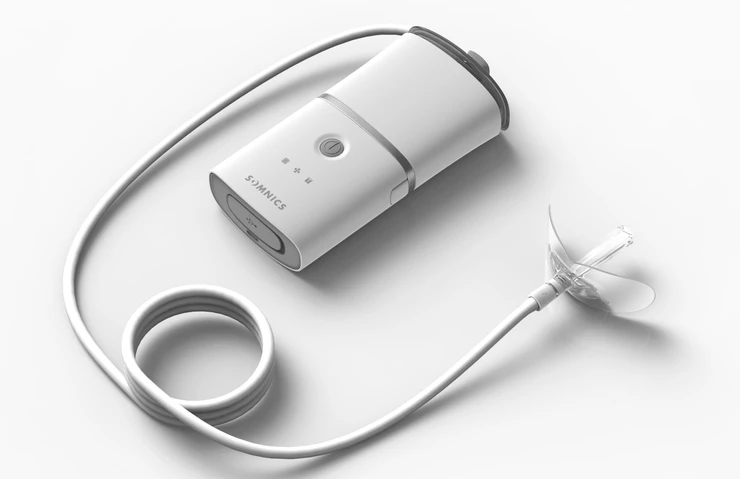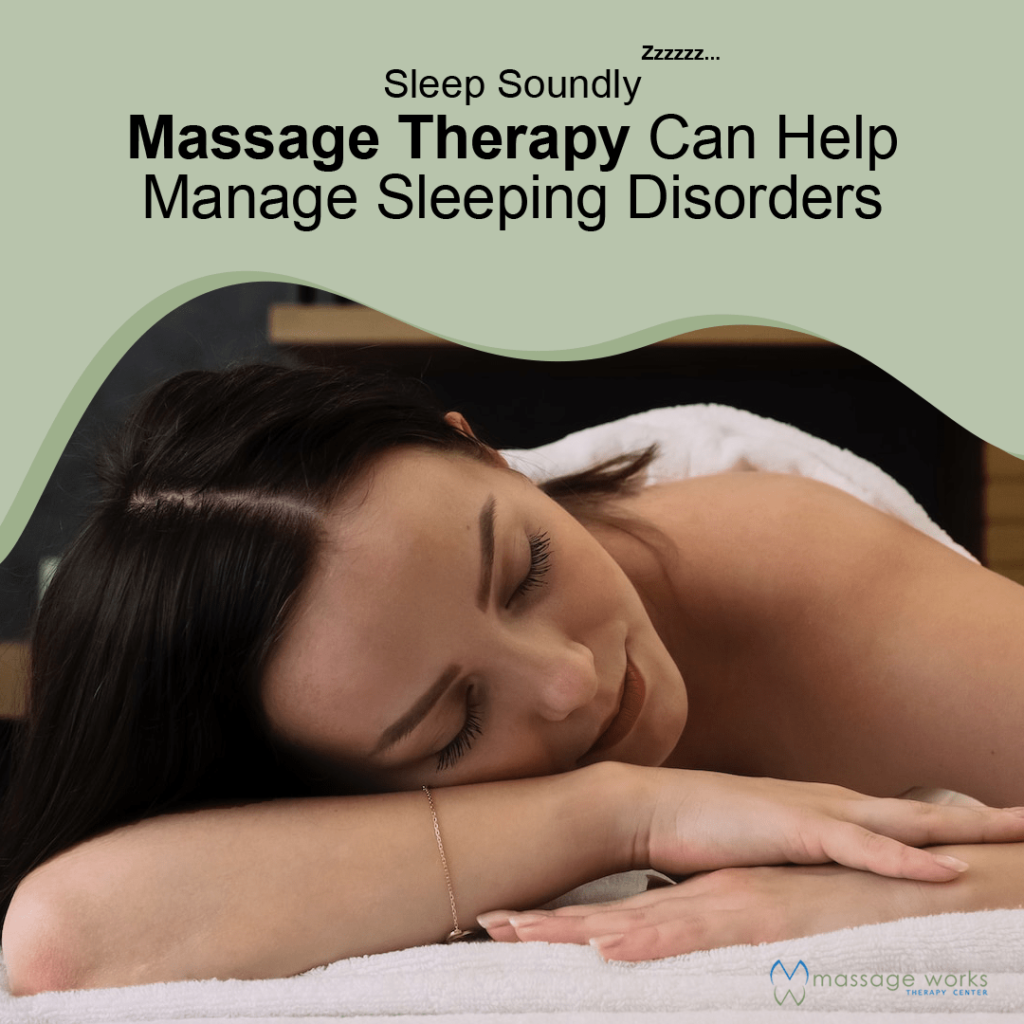Comprehensive Sleep Disorder Treatment - Locate the most effective Solutions
Comprehensive Sleep Disorder Treatment - Locate the most effective Solutions
Blog Article
Reliable Treatment Solutions for Taking Care Of Rest Disorders and Enhancing Relaxed Rest
In the world of healthcare, the administration of rest conditions and the quest for relaxed rest are essential parts of total well-being. Effective treatment solutions offer a multifaceted technique to tackle these challenges, ranging from cognitive behavioral treatments to all natural techniques that promote leisure and mindfulness. The expedition of different methods, including the integration of medication and light treatment, opens up a realm of opportunities in the pursuit of far better sleep high quality. As we navigate the elaborate landscape of sleep problems and look for to enhance our sleep experience, a deeper understanding of these therapy remedies may hold the secret to opening an extra refreshing and fulfilling corrective trip.
Cognitive Behavior Treatment for Insomnia (CBT-I)
Cognitive Behavior Modification for Sleep Problems (CBT-I) is an organized, evidence-based treatment method that concentrates on attending to the hidden elements contributing to rest disturbances. This type of treatment aims to modify behaviors and thoughts that aggravate insomnia, inevitably advertising healthy sleep patterns. CBT-I usually entails numerous essential parts, consisting of cognitive therapy, rest constraint, stimulus control, and sleep health education.
Cognitive therapy helps people identify and transform adverse thought patterns and ideas regarding sleep that may be impeding their capability to fall or stay asleep. Rest limitation involves restricting the quantity of time spent in bed to match the individual's actual rest duration, therefore raising sleep efficiency (sleep disorder treatment). Stimulation control methods aid establish a solid association between the bed and sleep by encouraging individuals to visit bed just when sleepy and to avoid taking part in promoting tasks in bed
Additionally, rest hygiene education and learning concentrates on creating healthy and balanced rest practices, such as keeping a regular sleep schedule, producing a relaxing going to bed routine, and maximizing the rest setting. By dealing with these variables thoroughly, CBT-I uses an effective non-pharmacological intervention for handling sleep problems and improving overall rest quality.
Sleep Hygiene Practices
Having actually developed the foundation of cognitive restructuring and behavior modifications in attending to insomnia with Cognitive Behavioral Treatment for Sleeping Disorders (CBT-I), the emphasis now moves in the direction of exploring vital Rest Health Practices for keeping optimal sleep top quality and total health.
Rest health techniques encompass a series of behaviors and environmental aspects that can significantly impact one's capacity to go to sleep and stay asleep throughout the night. Constant rest and wake times, producing a relaxing bedtime regimen, and enhancing the rest atmosphere by maintaining it dark, peaceful, and cool are crucial components of excellent rest health. Limiting exposure to screens prior to going to bed, avoiding stimulants like caffeine close to going to bed, and engaging in normal exercise during the day can additionally promote better rest top quality.
In addition, practicing relaxation strategies such as deep breathing workouts or meditation before bed can aid calm the mind and prepare the body for sleep. By incorporating these rest hygiene techniques into one's daily regimen, individuals can establish a healthy and balanced rest pattern that sustains relaxing sleep and total wellness.
Leisure Strategies and Mindfulness
Executing relaxation strategies and mindfulness practices can play a crucial function in promoting a sense of tranquility and promoting top quality rest. insomnia specialist. These strategies intend to quiet the mind, decrease anxiety, and develop an optimal setting for restful rest. One commonly practiced approach is deep breathing exercises, where people focus on slow-moving, deep breaths to unwind the mind and body. Modern muscle relaxation entails tensing and afterwards releasing each muscular tissue team, advertising physical relaxation. Additionally, led images can help move people to a calm area in their minds, aiding in stress and anxiety reduction and improving rest quality.
By integrating these methods into a bedtime regimen, people can indicate to their bodies that it is time to prepare and take a break for sleep. On the whole, incorporating leisure techniques and mindfulness practices can considerably add to handling rest conditions and boosting general sleep quality.

Medication Options for Rest Disorders
After exploring relaxation strategies and mindfulness methods as non-pharmacological treatments for improving sleep high quality, it is necessary to take into consideration medicine options for people with sleep disorders. In situations where way of living changes and therapy do not offer adequate relief, medication can be a useful device in handling rest disruptions.
Generally recommended drugs for rest disorders consist of benzodiazepines, non-benzodiazepine hypnotics, antidepressants, and melatonin receptor agonists. Benzodiazepines, such as diazepam, are sedatives that can aid induce sleep, but they are usually recommended for temporary use as a result of the threat of reliance. Non-benzodiazepine hypnotics like zolpidem are additionally utilized to deal with sleeping disorders and have a reduced risk of dependence compared to benzodiazepines. Antidepressants, such as trazodone, can be beneficial for people with co-occurring clinical depression and sleep disturbances. Melatonin receptor agonists, like ramelteon, target the body's all-natural sleep-wake cycle and can be practical for controling rest patterns.
It is crucial for individuals to talk to a doctor to figure out one of the most proper drug option based on their details rest problem and case history.
Light Therapy for Body Clock Policy
Light treatment, also called phototherapy, is a non-invasive therapy approach utilized to control circadian rhythms and enhance sleep-wake cycles. This therapy includes direct exposure to intense light that simulates natural sunlight, which aids to reset the body's internal clock. By exposing individuals to certain wavelengths of light, generally in the early morning or evening relying on the wanted result, light treatment can successfully adjust the chronic insomnia circadian rhythm to promote wakefulness during snoring doctor the day and boost relaxed rest at night.
Research has shown that light therapy can be specifically helpful for people with body clock disorders, such as delayed sleep phase syndrome or jet lag. It can likewise be practical for those experiencing seasonal affective disorder (SAD), a sort of anxiety that commonly takes place throughout the winter season when natural light exposure is reduced. Light therapy is generally well-tolerated and can be utilized in conjunction with other treatment techniques for sleep disorders to optimize end results and boost overall sleep high quality.
Final Thought
To conclude, reliable therapy services for managing rest problems and improving relaxing sleep consist of Cognitive Behavioral Therapy for Insomnia (CBT-I), rest health methods, relaxation techniques and mindfulness, drug choices, and light therapy for circadian rhythm law. These approaches can aid people boost their sleep quality and overall well-being. It is very important to seek advice from a doctor to determine the most suitable technique for resolving sleep issues.
As we browse the complex landscape of sleep problems and seek to boost our sleep experience, a much deeper understanding of these therapy remedies may hold the trick to unlocking an extra refreshing and meeting corrective trip.
Sleep constraint includes limiting the amount of time invested in bed to match the person's actual rest duration, consequently boosting rest effectiveness. Consistent rest and wake times, creating a relaxing about his going to bed regimen, and enhancing the rest environment by maintaining it dark, silent, and cool are critical parts of good sleep health. Light treatment is generally well-tolerated and can be made use of in combination with various other treatment methods for sleep disorders to maximize outcomes and enhance overall sleep high quality.

Report this page